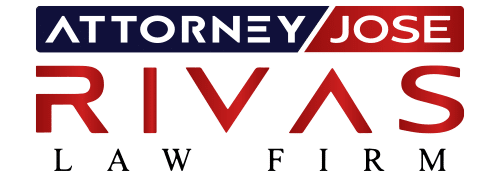Some courts and legal websites use the terms “initial appearance” and “arraignment” interchangeably. It can be confusing, but there are important differences.
In federal criminal court, an initial appearance is your first hearing before a judge after being taken into custody. At this first hearing, you are informed of the charges against you, advised of your rights, and either released on bail or held in custody until trial.
An arraignment, which comes after the initial appearance, is the hearing at which you are officially presented with the charges against you and asked whether you plead guilty or not guilty.
What to Expect During Your Initial Appearance
Within 72 hours of your arrest, U.S. Marshals will escort you to a federal courtroom for a hearing before a magistrate judge. You will be provided with an interpreter if you need one. After confirming your identity and explaining the charges against you, the judge will tell you that you have the right to remain silent and that anything you say can and will be used against you. The judge will ask if you understand the charges and tell you what the possible sentence is if you are convicted. You are told that you are entitled to have an attorney represent you and that the court will appoint one for you if you cannot afford to hire one.
To decide whether you should continue to be held in custody or released on bail, the judge will ask you questions about your personal and financial circumstances, such as your employment status, family situation, and ties to the community. The judge may also ask about your criminal history and whether you pose a danger to the community or are a flight risk.
You must answer these questions truthfully and respectfully at the initial hearing. Your attorney will advise you on how to respond to these questions and advocate for your release on bail if appropriate. The process moves very quickly and doesn’t take long at all.
In some cases, your attorney may want to schedule a separate bail hearing. At the bail hearing, the prosecutor can agree to have you released on bond or argue to keep you in custody if you are deemed a danger to the community. Your attorney will argue for your pre-trial release on the most favorable terms possible.
For an excellent preview of what you can expect at an initial hearing for a federal crime, read this description from the U.S. Court for the Eastern District of Washington.
Talk to an Experienced Federal Criminal Defense Attorney as Soon as Possible After Being Arrested
When you become the target of a federal criminal investigation, your rights are threatened at every step of the process. It is crucial to hire an experienced criminal defense attorney who has a deep understanding of federal criminal law and the workings of the federal legal system.
Your lawyer is there to help you understand your options and make informed decisions about your case. An experienced federal criminal defense attorney knows how to represent your interests and protect your constitutional rights as you are processed through the federal justice system. Your attorney will challenge the prosecution at every turn and work to build a strong defense strategy. A federal criminal attorney’s job is to work toward the best outcome possible in your situation, from the initial appearance onward. That includes fighting to have the case dismissed, negotiating with the prosecutor for reduced charges, or working out a plea bargain if necessary.
The stakes could not be higher when the United States Department of Justice is coming after you. It is essential to have an experienced federal criminal defense attorney by your side from the very beginning to ensure that you have the best chance for the best possible results.









